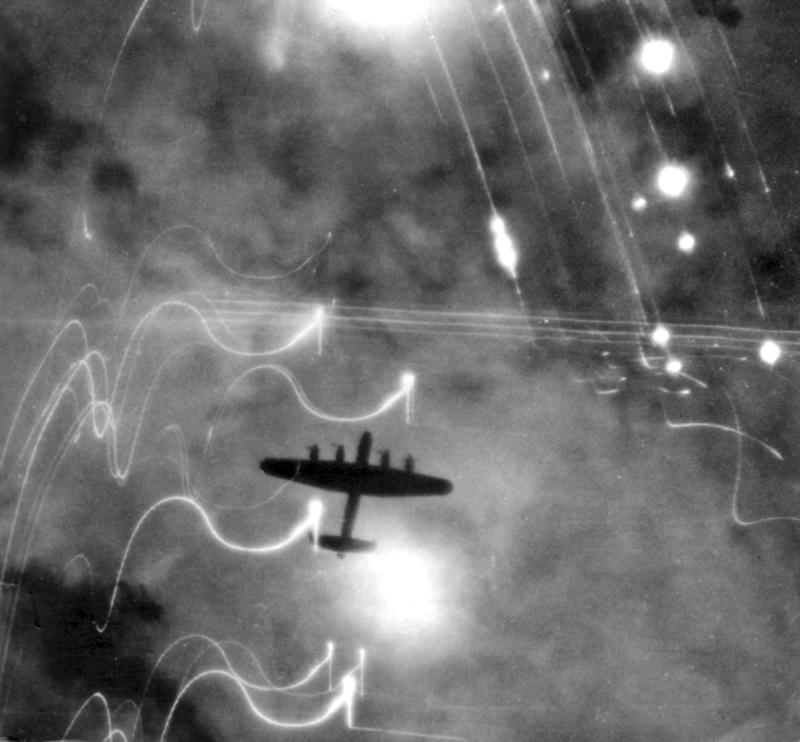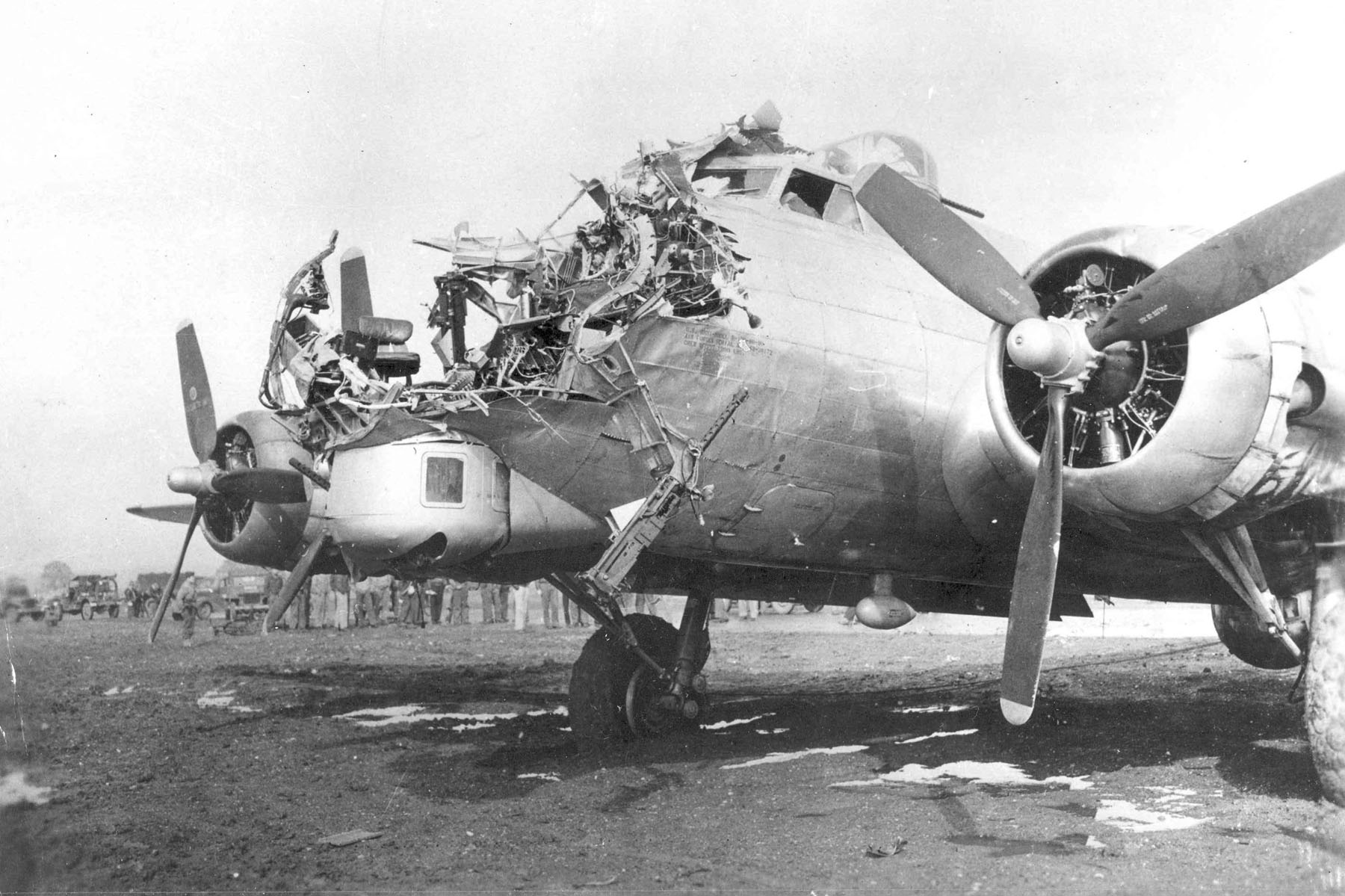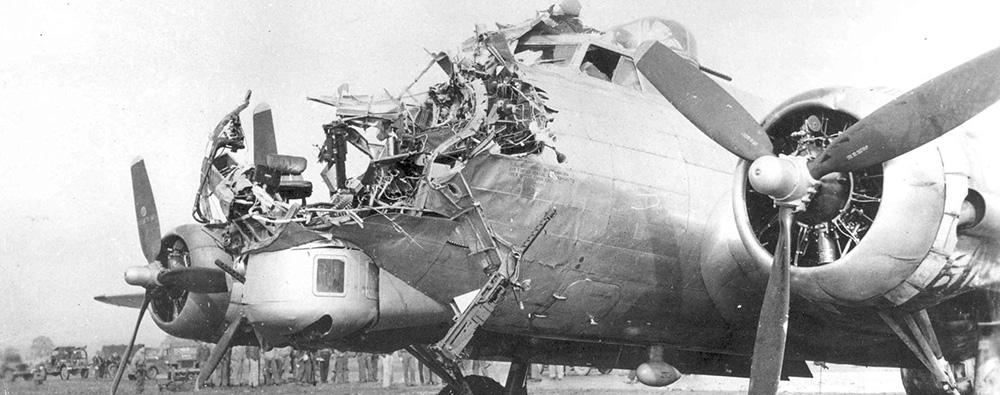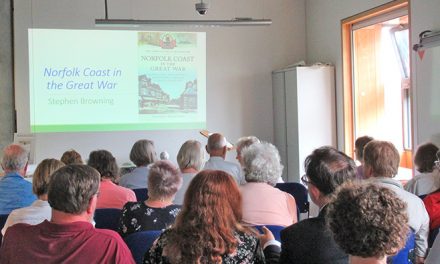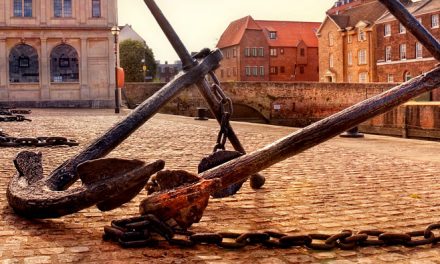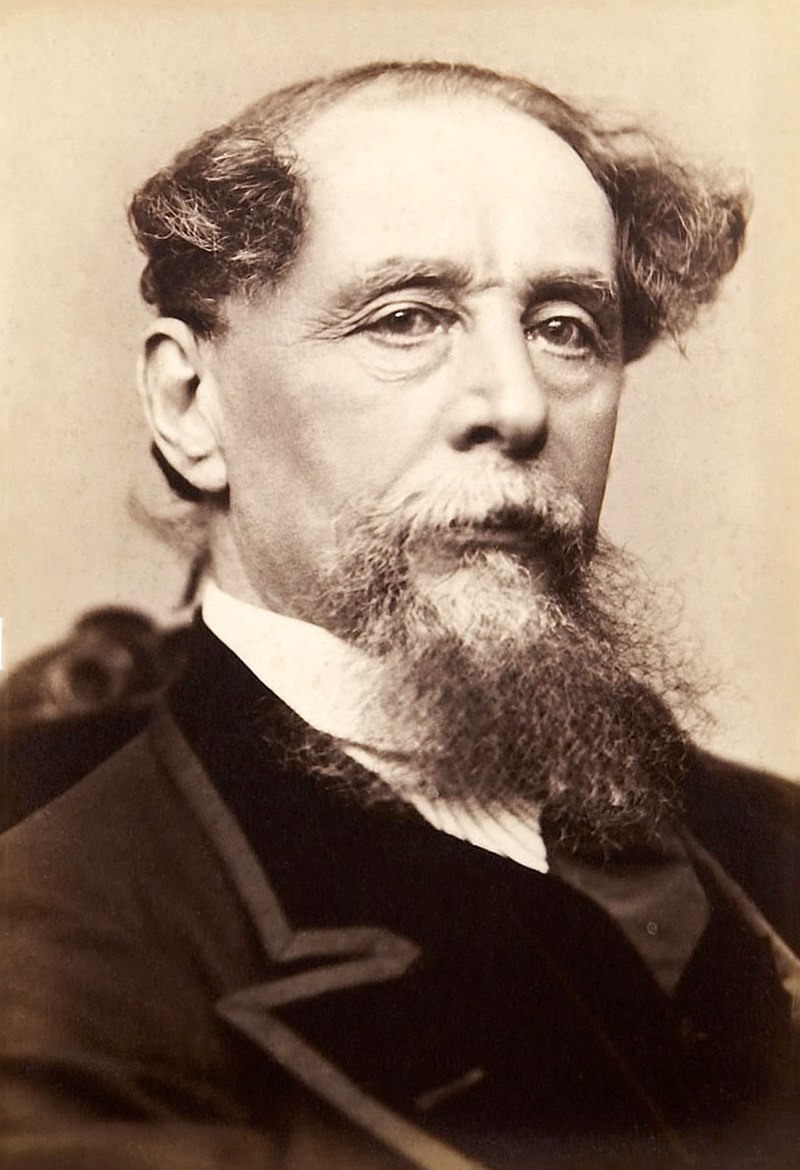The following is a fictional account of a real incident recorded on page 207 of my book ‘Norfolk at War 1939-45’. A crashed German pilot tried to surrender in the dead of night at a remote Norfolk pub but was told to ‘Go away!’ by the landlord who did not realise what was happening. This story did not make it into the first edition of the book as it was written just after the proofs had been corrected.
Here both men and maidens tended
To the harsh and warlike needs,
Of men who through the dark hours
Flew their man-made steeds.
The sky at night their hunting ground
In which they sought their prey,
Returning only when the night
Gave way to breaking day.
S.F.Ruffle
The plane
Oberleutnant Otto Weber struggled to control his Heinkel. The end of the aircraft was blasted. He was careering somewhere over the Norfolk coastline. The electrical system was kaput and all communication systems had failed. The rest of the crew – four men – bailed out.
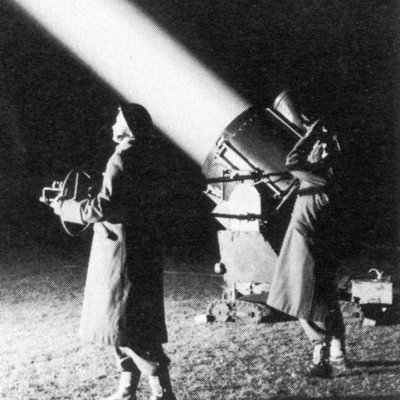
Below, in East Runton, the locals amassed– they had come from their beds to witness the dramatic scene of a lone German bomber that was surely about to ditch. What were they doing? The Eastern Daily Press had run a piece that morning despairing over the local’s need for excitement: ‘It is apparent’, it said, ‘that the Norfolk public cannot resist drama. When there is something to see they all must come out to have a good look despite the danger. It was the same during the Great War – have they learnt nothing?’
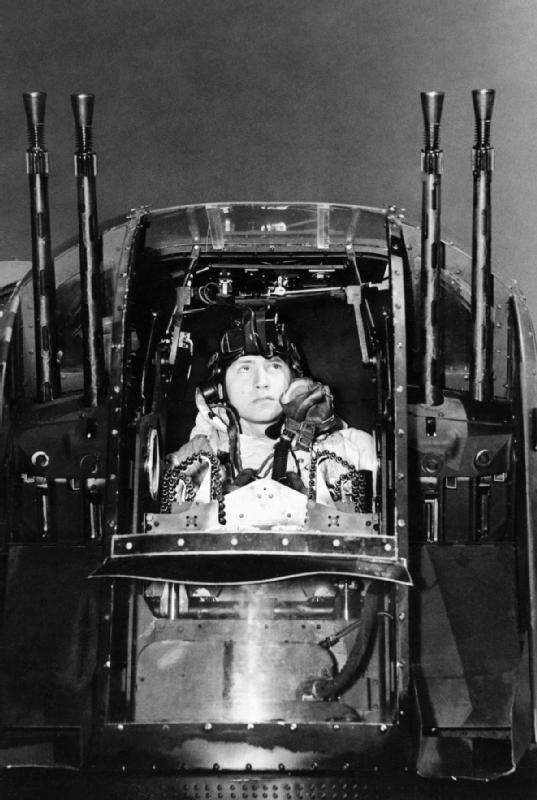
The Oberleutnant managed to divert the Heinkel over the ocean and dropped his bombs harmlessly. The plane lurched out of control once more as it turned itself back to the coast, the fire from the tail now spitting along the fuselage towards the cockpit. ‘Just keep it stable’, Weber told himself, ‘just stable….’
He woke up freezing, his lungs painful. His first crazy thought was that, if he had died, he hadn’t gone to hell as it was too damned cold.
The pub
Jon Bristow was a realist: as a landlord he knew the consequences of an unexpected arrival of beer. In this particular corner of Norfolk there had been none for two weeks: the authorities had increased the bacon and butter ration slightly as a nod towards the hard slog that was farm work in the winter but the men craved their mild and bitter. Now news of a fresh delivery to his little pub in the middle of nowhere had leaked out in a flash and there was probably very little left at the end of one night. He was exhausted – he would check the situation tomorrow after a champion night’s sleep. He turned out the single light in the bar, blew out the candles and went upstairs.
‘Yes, Ya, Thank you. I wish to surrender. Help. Please’. Someone was yelling from outside and then began banging on the pub door. Jon Bristow sighed, irritated but also a bit amused – some drunken men back from the heavy night’s drinking and continuing the game of ‘I surrender’ that had seemed so very funny to the locals after too many pints. He opened his bedroom window. ‘Go away!’ he yelled.
‘I do not understand – please.’
‘I’ll help you understand you drunken fools. ’The landlord took out his gun, stuck it out of the window and fired into the air. It was a valuable bullet that he could he could be prosecuted for wasting but needs sometimes must. ‘Next time I’ll point it downwards. Edwards, I know it’s you. Now get yer home and sober up!’
Otto Weber waited for what seemed a long time looking up at the dark shape of the little building captured in this snowy landscape. Then slowly he stated to slope off.
He awoke burning with fever on a rough track in front of a small terrace of workmen’s houses. It was just light and a woman was noisily clanking – she had a bucket with her – around the side of the path. He yelled at her but his vocal chords were not working. He sprang up raising his hands in the air as a sign of surrender. Myrtle, for that was her name, screamed then fainted hurling her bucket onto the ground.
He was thawing now, lying down on something soft. He heard a man’s voice: ‘We will need to send Billy to inform the authorities. He won’t be a problem – the poor sod is almost dead with cold’. Then he heard a woman saying, ‘My name’s Myrtle. You’re safe now. I’ve got an egg and a few peas for you, darlin’ and some hot tea. Then we’ll get yer cleaned up’.
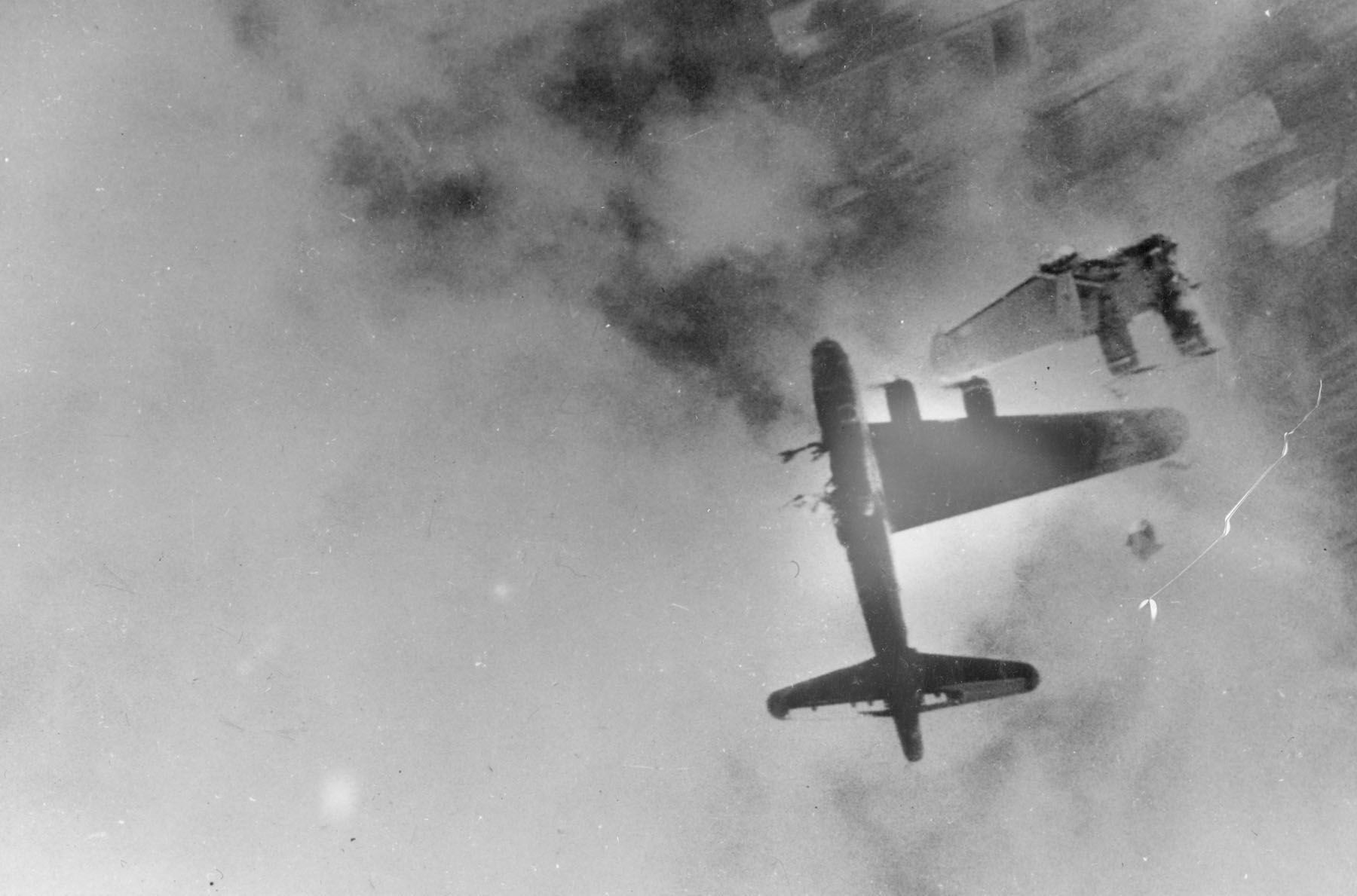
The capture
Captain Burns of the Home Guard arrived a short while later accompanied by three armed men and four Boy Scouts who were in a state of high excitement. Myrtle called to her husband: ‘Gaberdine brigade’s here, Mike, and some of the boys’. The men were kitted out in complete khaki uniforms apart from two who wore old blue gaberdines over their smart kit. In this part of Norfolk, the Home Guard was not to be universally issued with coats until well into 1943. Two of the men carried First World War rifles sent over from the United States. The Scouts, by contrast, looked very dapper. Churchill regarded them as essential as they could dart hither and thither with limitless energy and they had already charted the optimum routes to take in the event of invasion. As a ‘thank-you’ their uniforms had been given priority.
Mike snorted as he entered the kitchen. ‘I expected the army, not the bleedin’ Cripples’ Brigade and some schoolkids!’
‘I am fully authorised to take this prisoner, Michael, and you can watch your language’, said Captain Burns. ‘Get him up, men’.
‘Be kind to him, he’s almost dead’, said Myrtle.
‘The day I am kind to a Kraut I’ll eat a brussel sprout’, said Burns. Anything deemed Germanic was ridiculed in these parts. ‘And I’ll buy a Dachshund’.
Postscript
Many German prisoners in Norfolk were subsequently sent to a holding centre on the Isle of Man. Those who stayed were put to work and saw out the war in the county and this included Oberleutnant Otto Weber. After the war he returned to Germany where he married and had a daughter who he named Greta Myrtle Weber. He ran a tobacconist shop and died in 1982, aged 67.
There is no doubt that Oberleutnant Otto Weber could have dropped his bombs over the Runton coastline causing hundreds of deaths but he chose not to. Another similar incident occurred during the Baedeker Blitz of Norwich when a Messerschmitt failed to strafe a defenceless street of Norwich people.
